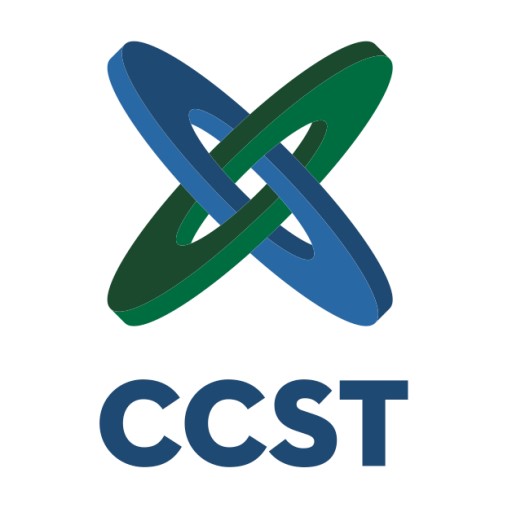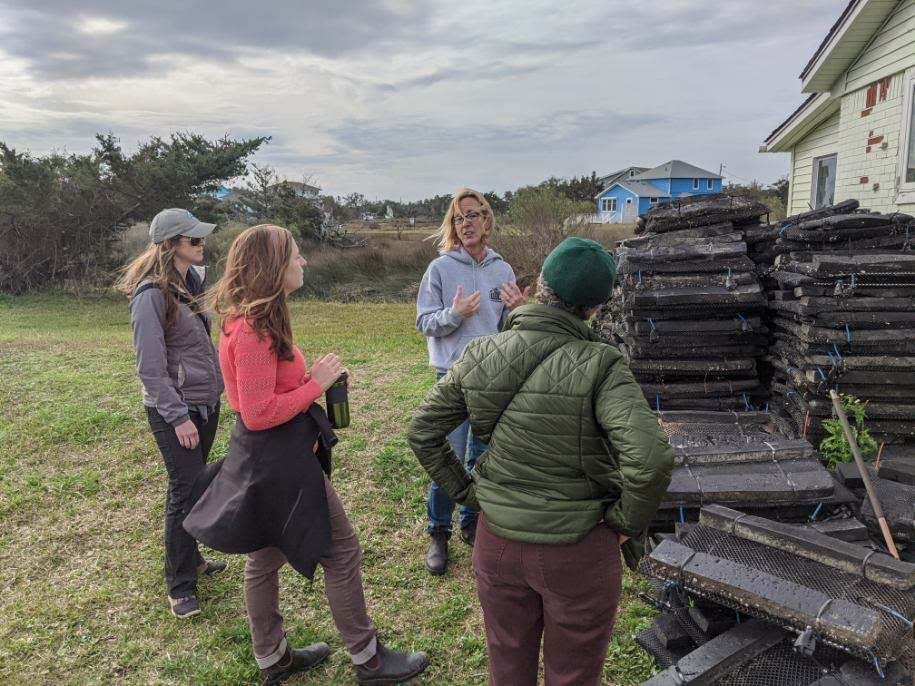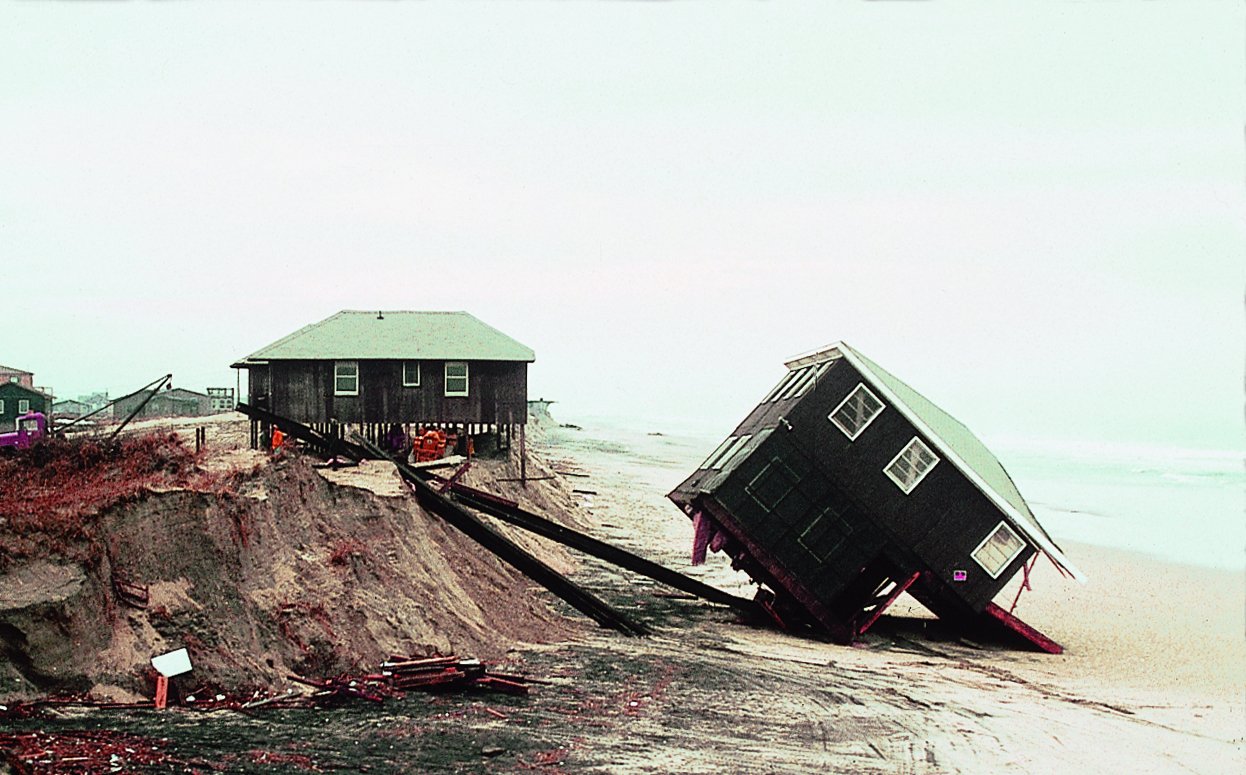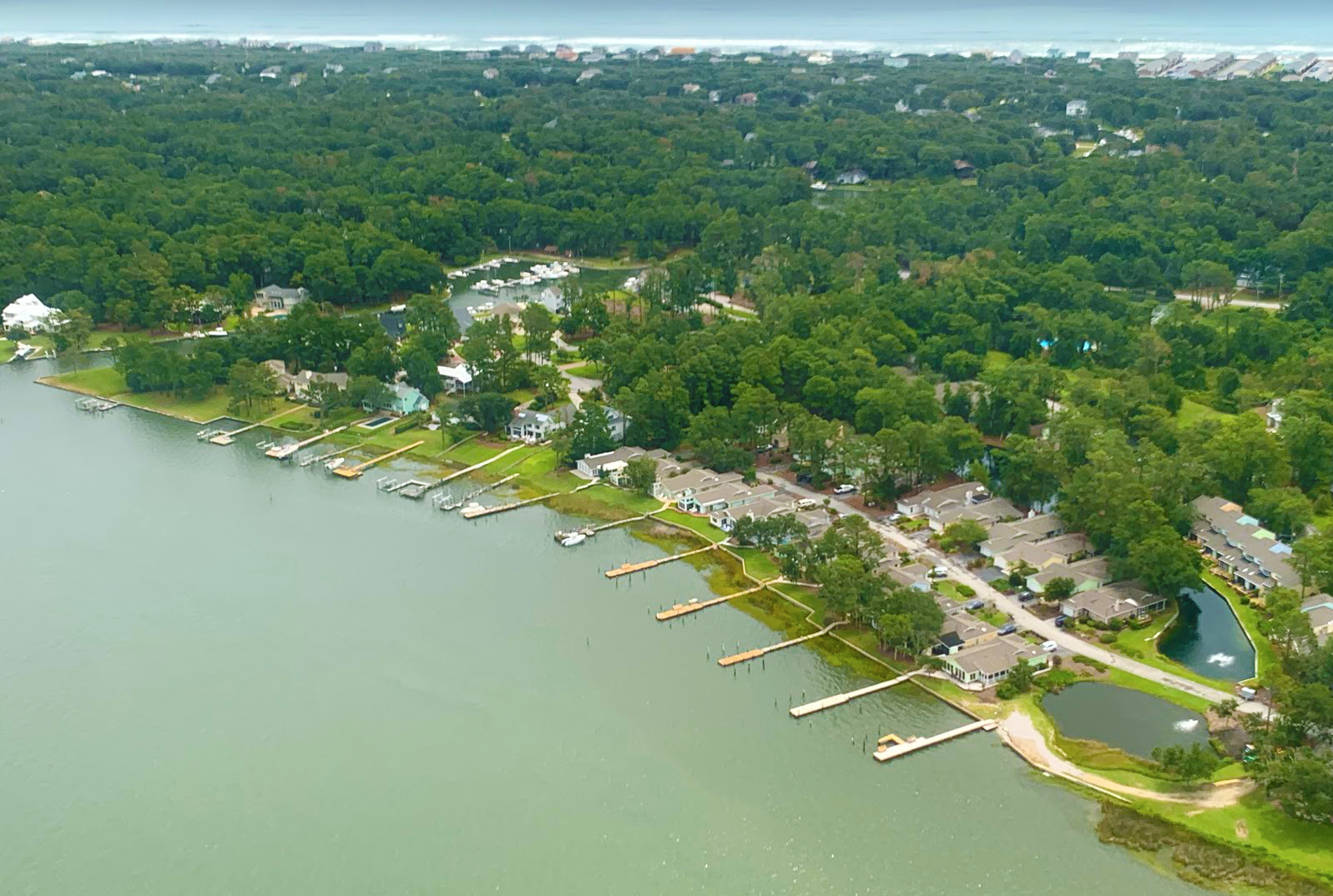NC Among States to Explore Potential for Science Policy Fellows
FOR IMMEDIATE RELEASE
Adapted from news release shared Feb. 16, 2017 by California Council on Science and Technology. Contact: Annie Morgan, annie@ccst.us
North Carolina Contacts:
Andrew George, Duke University, ang16@duke.edu
Karl Bates, Duke University, Karl.Bates@duke.edu
Katie Mosher, North Carolina Sea Grant, kmosher@ncsu.edu, 919-515-9069
Scientists can play a critical role in informing public policy, yet most scientists lack the experience of working directly with government leaders in the lawmaking process. Now, teams in nine U.S. states — including North Carolina — will receive a planning grant to evaluate the potential to create a policy fellowship for scientists and engineers in their state capital.
The new grant is administered by the California Council on Science and Technology, or CCST, to encourage other states to replicate or adapt its successful CCST Science & Technology Policy Fellowship (fellows.ccst.us). The planning grant will support each new team in a feasibility study and other strategic steps towards creating an immersive science and technology policy fellowship program for their respective state. Funding for the grant was provided by the Gordon and Betty Moore Foundation and the Simons Foundation. Find the full list of awardees at www.ccst.us/beyondca.
“Our CCST Science Fellows gain valuable real-world experience working directly in the legislative process, while California state legislators gain access to impartial, science-savvy staff to help them make critical decisions,” says Annie Morgan, CCST Science Fellows program manager. “We’ve learned so much from offering this public service and government leadership training experience for scientists and engineers, and we’re excited to share our insights with others around the United States aiming to create their own fellowship program.”
In North Carolina, the planning project will be led by Duke University’s Science and Society Initiative, Sanford School of Public Policy, and Government Affairs Office. North Carolina Sea Grant, which participates in several national fellowship programs focusing on science and policy, is also a partner.
“North Carolina is rapidly growing, which comes with challenges in developing well-informed policy that will shape the expanding biotechnology industry, future agriculture management practices, and other environmental needs to support North Carolina’s diverse ecosystems and economies. This grant will allow us to take advantage of our numerous universities and the diverse STEM graduates that they train,” notes Andrew George, a doctoral candidate at Duke University and team leader.
Susan White, North Carolina Sea Grant executive director, agrees, citing the success of the national Knauss Fellowships from the National Sea Grant College Program that places fellows in congressional offices and executive agencies in Washington, D.C., as well as in-state fellowships with several divisions of the N.C. Department of Environmental Quality.
“We are seeing growing interest among early career scientists in moving beyond their labs to understand the broader impacts of their research and that of their colleagues,” White adds.
Since 2009, CCST has trained nearly 80 doctoral-level scientists and engineers in the craft of policymaking in California. More than 50 percent of CCST Science Fellows have been hired by the California State Legislature or a state agency upon completing their fellowship. Other alumni enter industry or nonprofit careers, or return to academia with valuable insights on how to communicate science to policymakers.
“There is great value in assuring science informs policy. By embedding scientists in legislative offices, the CCST Science Fellows program infuses scientific knowledge and evidence into critical deliberations,” says Jon Kaye, a program director for the Gordon and Betty Moore Foundation. “It is inspiring to see the measurable success of the program in California, and we hope to see this model spread to other state capitals to create a national network of science advising programs.”
CCST is hosting all nine teams during the 2017 AAAS Annual Meeting this week in Boston for a grant launch workshop, co-hosted with the AAAS Science & Technology Policy Fellowship program. The CCST Science Fellows program itself was modeled after the AAAS program, which places scientists in congressional offices and federal agencies.
###
North Carolina Sea Grant: Your link to research and resources for a healthier coast
- Categories:


